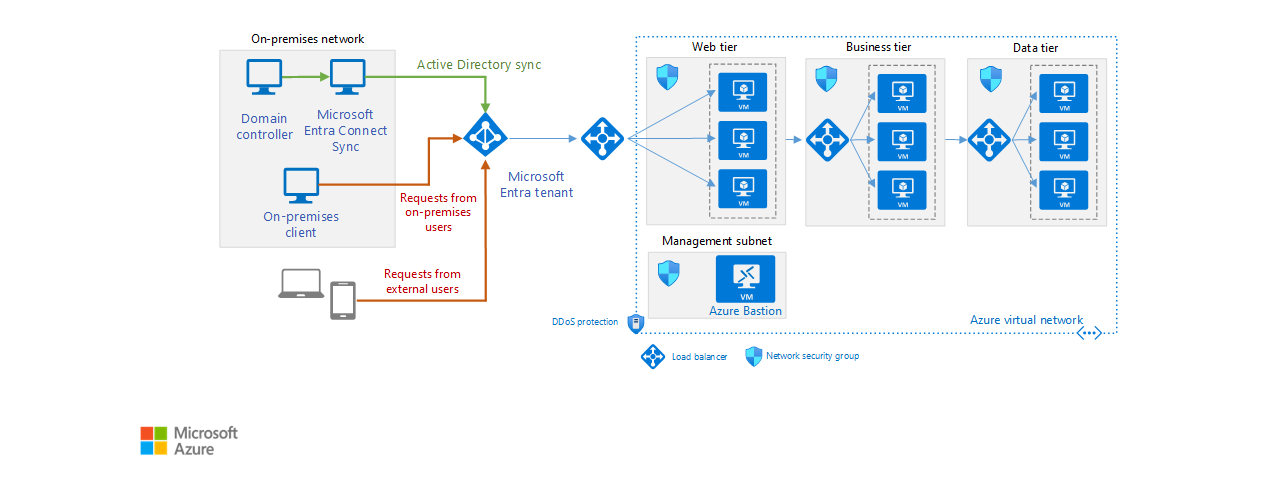I've burned $500 on Windsurf token overages. Migrated my team off it twice - once because the autonomous agent went haywire and scattered changes across 47 files, second time because our CFO lost his shit over the monthly bill.
Windsurf's Token System Is Predatory
![]()
The $15/month Pro plan? Yeah, that's a lie. Hit token limits on day 12 while debugging a React component with infinite re-renders. The agent "helped" by suggesting fixes that consumed tokens, then burned more tokens reverting its own broken fixes.
Ended up owing like $40-something extra for one developer that month. Our PM calculated it'd cost us $800+ monthly for our 20-person team if we hit similar overages. CFO said "fuck that noise" and told me to find alternatives.
I'm not the only one getting screwed. Check Reddit - developers are hitting token limits on the $60/month enterprise plan within a week. Multiple developers report similar token exhaustion issues with Windsurf's predatory pricing model. The cost comparison analysis shows Windsurf charges tokens for every single AI operation, including when their agent fucks up and has to undo its own changes.
Meanwhile GitHub Copilot is $10/month flat rate. Cursor is $20/month flat rate. No tokens, no overages, no surprise bills. Independent analysis confirms the pricing transparency advantage of flat-rate models over Windsurf's token system.
The Cascade Agent Creates Git History Disasters
The autonomous agent is like having a junior dev who thinks they're smarter than you. I asked it to fix one TypeScript import error. The fucking thing "helped" by rewriting type definitions across 12 files, broke our custom module resolution, and committed it all with the message "Updated type definitions".
Took two developers three hours to unfuck that mess. No atomic rollback because the agent scattered changes across multiple commits. Our code review process became "did the agent break something subtle we'll discover in production?"
Latest versions supposedly group commits better, but I've been burned too many times. The agent still can't resist "improving" code you didn't ask it to touch.
Cloud Dependency Kills Productivity
Everything requires internet. EVERYTHING. Tried to refactor some components on a 6-hour flight and the agent timed out every 30 seconds when the shitty airplane WiFi dropped. Couldn't even get basic autocomplete to work consistently.
GitHub Copilot caches suggestions locally - works fine offline for hours. Tabnine Enterprise can run completely air-gapped. Windsurf? Dead in the water without constant internet.
Our InfoSec team took one look at Windsurf's "always connected" requirement and laughed me out of the room. "You want to send our proprietary code to some random startup's servers? LOL no." Standard response for any regulated company. Enterprise security analysis consistently shows that cloud-dependent AI tools create compliance nightmares for regulated industries.
The Integration Story Sucks
"Just like VS Code" my ass. It's a VS Code fork that breaks half your extensions. GitLens doesn't work properly. Live Share is fucked. Prettier formatting gets confused. Every Windsurf update breaks something new. Extension compatibility issues are well-documented across VS Code forks, with Microsoft actively limiting marketplace access for non-official forks.
Need CI/CD integration? Too bad. Enterprise SSO? Nope. Custom deployment hooks? Dream on. You get whatever Windsurf feels like building, when they feel like building it. Comprehensive comparison shows that fork compatibility varies wildly, with Windsurf having particular problems with enterprise extensions.
GitHub Copilot works with my existing VS Code setup. Cursor actually tries to maintain compatibility. Windsurf says "fuck your workflow, use ours." Real-world analysis confirms that VS Code forks create significant workflow disruption for enterprise teams.
